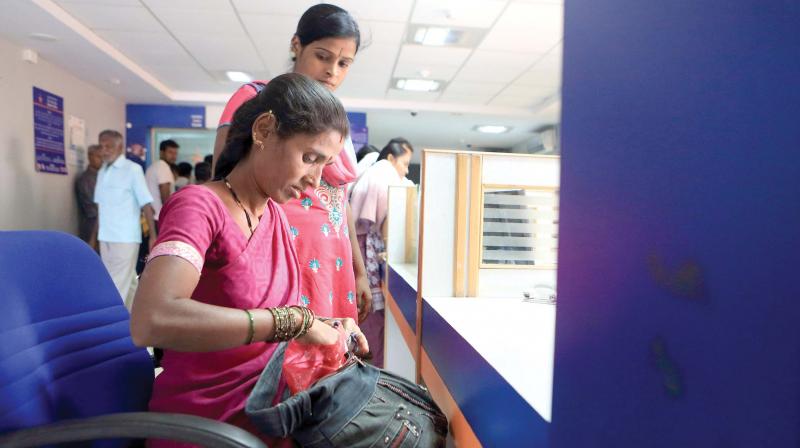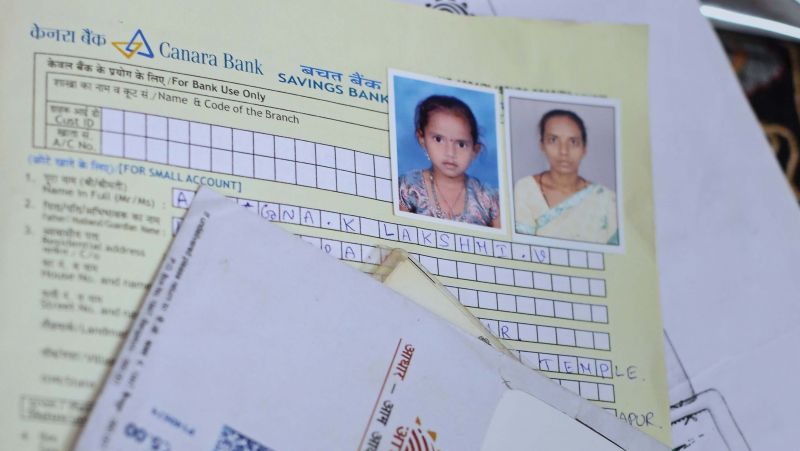Swasti: keeping urban poor, marginalised communities swasth

Bengaluru: Healthcare and wellbeing somehow take a backseat for the urban poor and other marginalised communities, as well-intentioned, but poorly executed government policies fail to reach the people who need them the most. The Swasti Health Resource Centre, which is headquartered in Bengaluru and works globally, aims to fill this wide gap and achieve public health outcomes for those who are socially excluded and poor.
“Our primary focus is public health. However, we do not look at it from the disease perspective, but from a holistic angle where health and wellbeing is the focus and not just the absence of disease," says Shama Karkal, Director, Swasti. The organisation looks at four aspects; the disease, behaviour, social determinants and enablers.
Established in 2002 and registered in 2004, Swasti has been empowering people and communities to make the right choices to lead healthy lives. In Karnataka, Swasti has been focusing on five vulnerable communities – women in factories, women in sex work, gay men, transgender people and the urban and rural poor, who have little or no access to clean water and sanitation. Through its three programmes, Women in Factories, Avahan III and WaSH (Water, Sanitation, Hygiene), Swasti has been helping over 85,000 people.
The Women in Factories (WiF) programme, funded by the Walmart Foundation, is being implemented by Swasti in the country as part of its Women’s Economic Empowerment Initiative. It aims to empower workers, especially women in garment factories, through life skills training and strengthened factory systems.
In Karnataka, 13,894 workers have been trained through WiF across 16 factories under two phases of the programme. Workers were first given foundation training where a 15-hour course on the basics of health, managing work and career, gender awareness, workplace discipline and learning application was conducted. "In advanced training, an intensive course of 80 hours on health, gender, financial inclusion, life skills was held,” she said.
“We work on water sanitation and hygiene among the urban poor and one of the areas covered is Bommanahalli slum. For the life skill programme, we primarily look at women and men working in factories across the state. We also work with different types of life skills for factory workers. Our focus is high-risk women working as sex workers and the LGBT community," she says. Swasti has been working with community organisations for more than a decade and helping those in high-risk categories to look for options other than sex work. “We try to empower them and help them make the right choices by protecting themselves from abuse. They need to be more informed and know how to work in the ecosystem,” she said.
In all, 13 community based organisations were helped to do their financial planning. As this is an ongoing process, women are reached in smaller groups and also one-on-one, she said. 11,872 women were helped to apply for government schemes as per eligibility, while 73.2% (8,701 women) benefited. All 13 community organisations have helpdesks to help their members.


